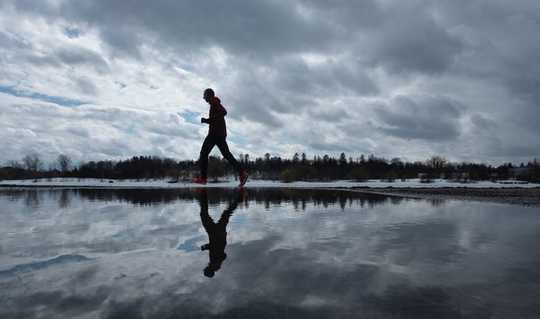
Worried about COVID-19? You may be putting yourself at undue risk, because chronic anxiety suppresses the immune system and increases our risk for infection.

One of the key factors in tackling the spread of COVID-19 across the globe is testing. In South Korea, for example, mass testing has been used to try and quickly identify and isolate those with the disease.

A recent study from China, which has not been peer reviewed yet, suggests a link between having blood group A and a higher risk of getting COVID-19, compared with people who have blood group O. But is this really the case?

Before vaccines were developed, infectious diseases such as diphtheria, tetanus and meningitis were the leading cause of death and illness in the world.

Vitamin C is a common remedy that some people believe will cure the common cold and flu.

Public health officials consistently promote hand-washing as a way for people to protect themselves from the COVID-19 coronavirus.
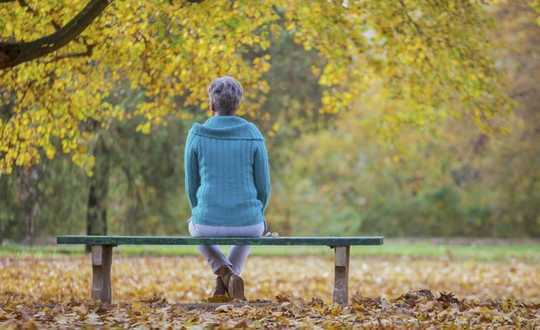
Diagnosing autism is expensive and time consuming, so a screening tool is used to filter out those people who are unlikely to be diagnosed as autistic.
- By Nita Bharti

Millions are asking for clear, comprehensive information and guidelines regarding the novel coronavirus.
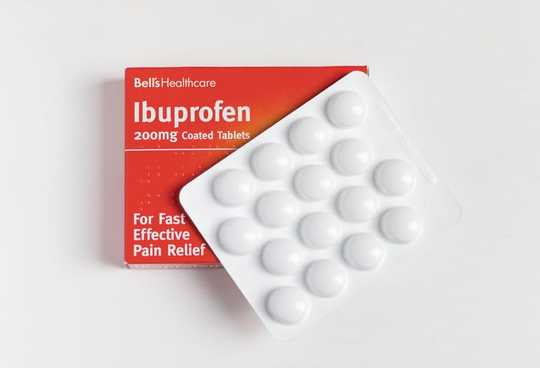
There’s been some confusion recently on whether we should or shouldn’t take ibuprofen to treat symptoms of COVID-19 – especially after the World Health Organization (WHO) changed its stance.

Americans love to learn all they can about their health problems, incessantly reading about each and every disease on the internet, looking for anything that can alleviate their symptoms. The problem is that people are searching for advice in a country with no genuine tradition of holistic healing.

The proliferation of fake news about the COVID-19 pandemic has been labelled a dangerous “infodemic”.
- By Emma Maynard

The UK has become the latest country to close schools in a bid to slow down the spread of the novel coronavirus.
- By Tim Spector

As well as protecting yourself from the virus on the outside, you can also build up your defences from the inside by strengthening your immune system. Many people, especially the young, develop only very mild disease.

Families everywhere are adjusting to a new way of life due to social distancing measures like closed schools, workplaces, and more.
- By Alan Cohen
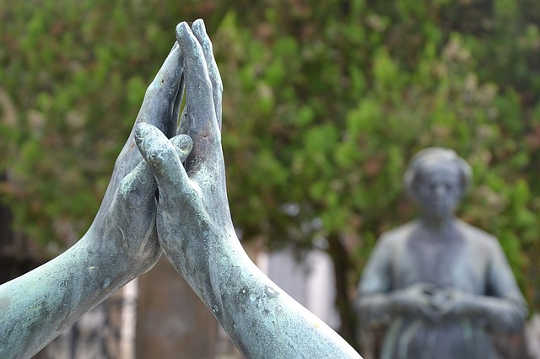
As we finished lunch at a spiritual retreat center, one of the participants stood behind me and massaged my neck and shoulders. Suddenly I was jarred by a deep voice booming, No healing allowed here! To my surprise, the retreat center security guard was standing behind us...
- By Neal Buccino
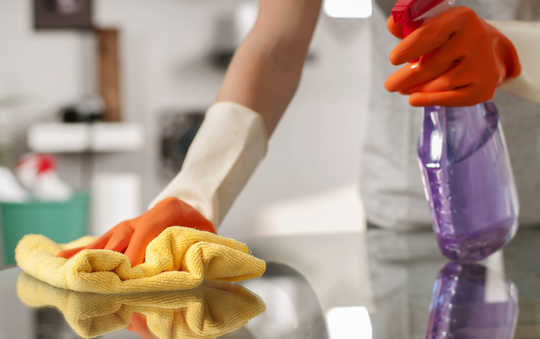
Consider these expert tips for cleaning your home to kill the new coronavirus that causes COVID-19 (and the pathogens behind other deadly diseases).
- By U. Melbourne

Researchers have mapped immune responses from one of Australia’s first COVID-19 patients, showing the body’s ability to fight the virus and the timing of recovery from the infection.
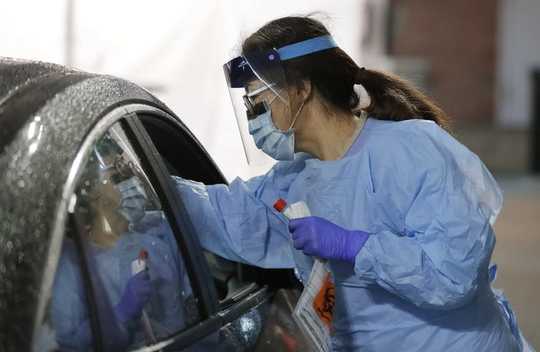
As the nation adjusts to the threat of COVID-19, the illness caused by the coronavirus, it’s only natural to worry whether a cough or aches and pains could be signs you have become infected by the virus.

The coronavirus presents many uncertainties, and none of us can completely eliminate our risk of getting COVID-19. But one thing we can do is eat as healthily as possible.
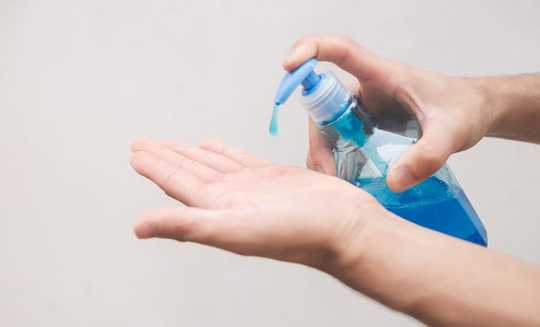
To slow the spread of coronavirus we’re being told to wash our hands more, preferably with soap and water, or failing that, with hand sanitisers.
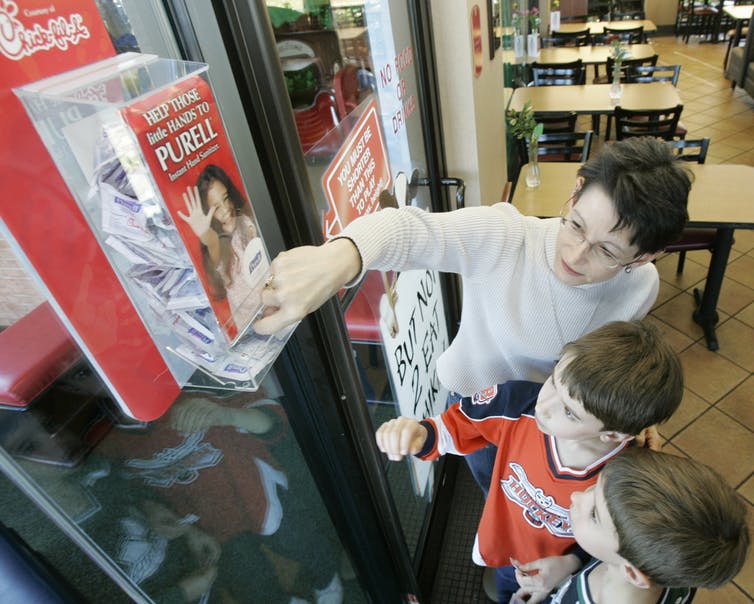
As concern about coronavirus grows, hand sanitizer is in high demand. Biologist Jeffrey Gardner explains why alcohol is a key ingredient in hand sanitizer, and why he doesn’t recommend making your own supply at home.
- By Brian Labus

When people are sick with a respiratory disease like COVID-19, they cough or sneeze particles into the air.
- By Thomas Perls

As the coronavirus spreads into more and more communities, public health officials are placing responsibility on individuals to help slow the pandemic.
















